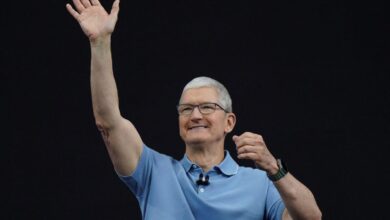Twitter’s Transformation Under Elon Musk with the Removal of Block Feature

Social media company X, formerly known as Twitter, is making yet another controversial move under the ownership of Elon Musk. The company is set to remove the protective block feature that allows users to restrict specific accounts from contacting them, viewing their posts, or following them. This decision has sparked discussions about the implications for user safety and moderation on the platform.
The block function, a staple in social media platforms, allows users to create a barrier between themselves and accounts they choose to block. This feature offers a degree of control over interactions and content exposure. However, Musk’s announcement indicates that the block feature will soon be deleted, except for direct messages (DMs).
Musk’s approach aligns with his self-description as a “free speech absolutist.” Critics, however, have voiced concerns that such a stance could lead to increased hate speech and inappropriate content on the platform. Researchers have observed a rise in hate speech and antisemitic content on the platform since Musk’s acquisition of X.
The move to remove or limit the block feature could potentially clash with guidelines set by Apple’s App Store and Alphabet’s Google Play. Both platforms emphasize the importance of providing tools to block abusive users and user-generated content.
The response to Musk’s announcement has been mixed. Anti-bullying activist Monica Lewinsky urged X to keep the block feature as a “critical tool to keep people safe online.” In response, Chief Executive Linda Yaccarino defended Musk’s decision, emphasizing that user safety remains their top priority and that they are working on improving the current state of block and mute features.
Read More: SoftBank Acquires Full Ownership of Arm in $64 Billion Deal Ahead of IPO
It’s worth noting that X, Google, and Apple have not immediately responded to requests for comments regarding this development.
As the transformation of X continues under Musk’s leadership, the platform’s approach to moderation and user safety will likely remain a topic of scrutiny. Balancing the principles of free speech with the responsibility to curb harmful content presents a formidable challenge in the ever-evolving landscape of social media platforms.



